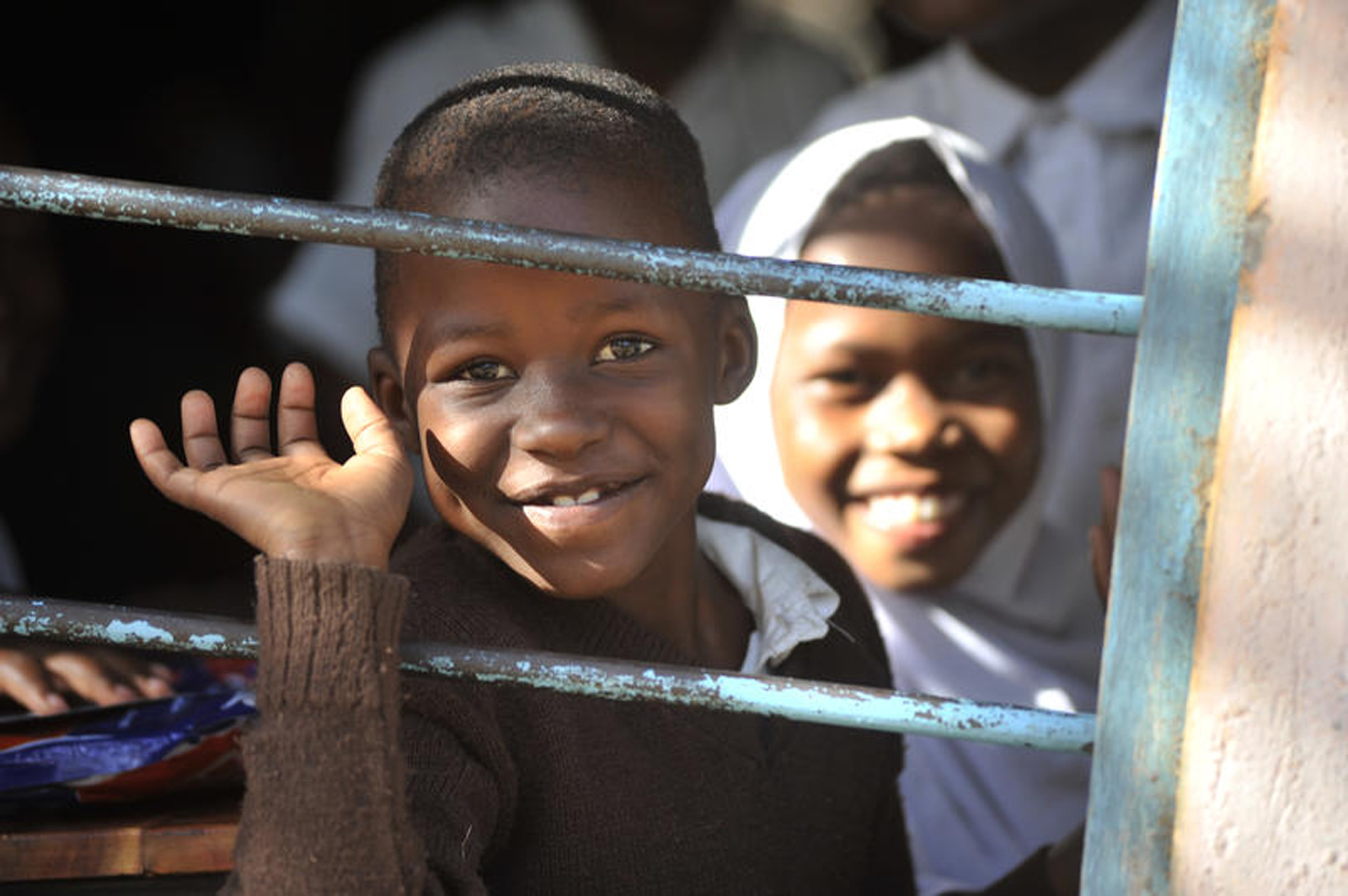The project, Advancing Evidence for Global Implementation of Spatial Repellents, is being led by the University of Notre Dame and involves several international partners. The program includes randomized control trials (RCTs) for malaria in Kenya and Mali, an Aedes-borne virus RCT in Sri Lanka, and operational research among internally displaced populations in Uganda.
CCP and JHSPH will carry out social science research across AEGIS study sites, as well as with national and global stakeholders. This research will provide valuable information on factors that could promote or inhibit the success of spatial repellents and help guide implementation at-scale.
The goal of the program is to further generate evidence to support a recommendation by the World Health Organization (WHO) of spatial repellent use for public health purposes and to design systems to ensure it can be deployed properly within humanitarian response situations.
While insecticide-treated bed nets have been instrumental in the dramatic reduction of malaria cases and deaths in the past 15 years, other complementary approaches are needed to reduce the number of cases to zero. WHO estimates in 2019 there were still 229 million malaria cases and 409,000 deaths. Spatial repellents have the potential to help close gaps in prevention and improve malaria and dengue control efforts across a range of contexts.


